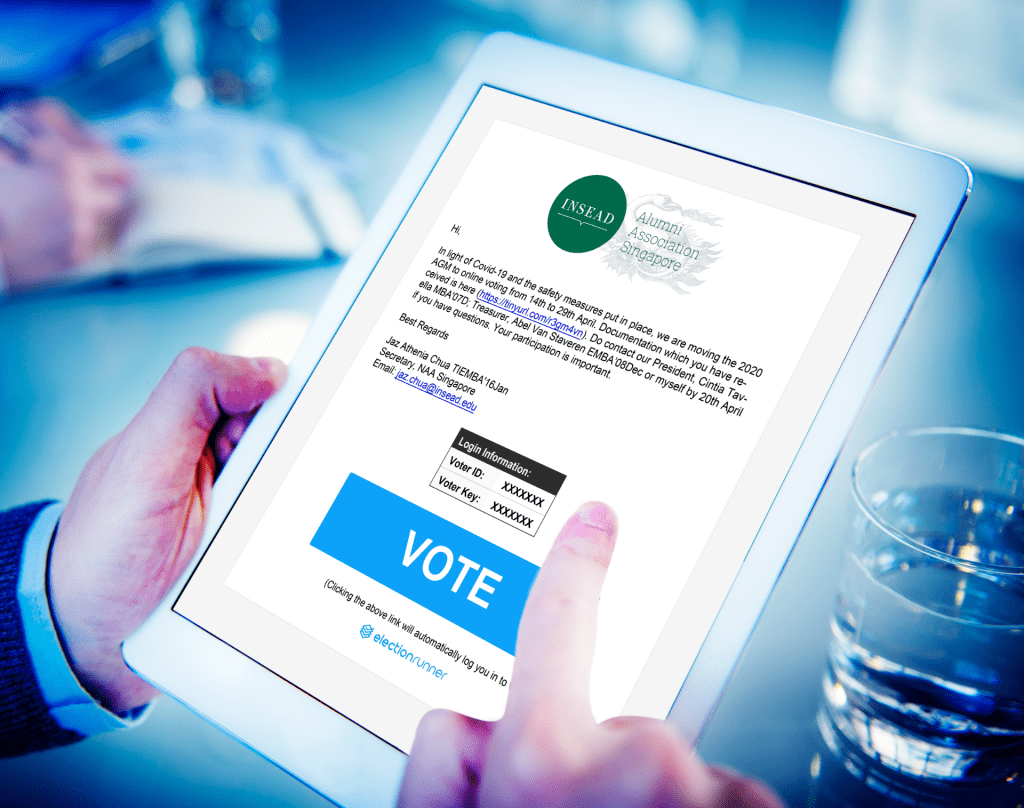Introducing James Marshall MBA’99D – Vice President, Global Air Account Management, Expedia Group.
 What were your key takeaways after graduating from INSEAD in relation to having a positive social impact on the community? We’re in a privileged position graduating from INSEAD with a great professional network and ability to make some real impact in the community, so we need to use it wisely. At the same time we need to be proactive and be part of the change.
What were your key takeaways after graduating from INSEAD in relation to having a positive social impact on the community? We’re in a privileged position graduating from INSEAD with a great professional network and ability to make some real impact in the community, so we need to use it wisely. At the same time we need to be proactive and be part of the change.
What do you believe are the critical elements for a business to act as a force for good? Every business should be a force for good. At Expedia Group we clearly see travel as a force for good and there is no better way than combining travel and business to achieve this goal. It’s about understanding how you can positively impact different stakeholders, even those indirectly connected with your business, and how to combine that with driving long term business objectives. If you’ve kept that positive impact goal as part of your vision, you’ll make the right decisions, and bring others with you – colleagues and business partners.
What actions from companies have you seen which has been a force for good? I just need to look at our industry, where many companies like us have been pushing for travel as a force for good, as well as sustainability, local community impact and education. We can strengthen connections, broaden horizons and bridge divides.
What are some specific actions employees should do to enable a positive social impact on our community ? We should educate our employees about positive impact goals, and help them understand how they have the power to influence the work their company and industry is doing. By mentioning these topics in their daily conversations and helping them measure impact, they’ll quickly learn how to act so they’re part of that force for good.
What are some examples in your profession/ company where you’ve experienced BAFG first-hand? The travel industry should in itself be a natural force for good, so we need to find a way to multiply that force with our own business. It starts internally, ensuring that we are inclusive, diverse and focused on equity. We then need to work with our business partners and help our travelers understand how they can add their grain of salt in having a positive impact in the communities they are visiting, or try to make the best choices towards sustainability for example.
What key BAFG principals would you like businesses in Singapore to embrace? Each business needs to understand how they can impact the community differently, often based on the nature of their business. They should not just wait to be asked, but should be proactive and engage with their partners locally or regionally, and see what stakeholders can benefit from their actions. Don’t try to be everywhere. Focus on one thing first: sustainability, environment, social welfare or education for example. Starting small is ok, but involve your employees and let them appreciate how they are having an impact, and in turn they will want to do more and start a flywheel of goodness.
What were the main reasons for accepting an invitation to be an IAA Singapore BAFG judge? From the day INSEAD announced officially the Business as a Force for Good Award, I’ve been keen to find a way to contribute. We all have a role in helping others push for that vision, so I’m delighted I was given the opportunity to bring something – even as small as being a judge.
What motivated you to be an advocate for businesses to act as a force for good? I’ve always been motivated by the impact our business has on others (customers, partners or the wider community). And business should always be aligned to improving our society. As I’ve progressed in my career and built my family, this interest has grown even more and becomes a central part of why I work and build relationships.
Anything else you’d like to add? I look forward to looking in detail at the candidates for this award. But I also hope this will inspire others to follow their steps and make “Business as a Force for Good” a central part of their purpose.
Meet The Judges Interview Series
- Series #1 – Li Lian Liew GEMBA’13 – Director, Corporate Panning at Tan Tock Seng Hospital & Central Health
- Series #2 – Brad Fraser MAP’18 – Head of Prime Derivative Services Asia Pacific at Barclays
- Series #3 – Antonio DeLorenzo GEMBA’15 – Head of Innovation Labs, ING.
- Series #4 – Manik Saha IDP’16 – Strategic Partner APJ, Product Engineering Group, SAP SE.


 Name of your company and year it was established:
Name of your company and year it was established: What were your key takeaways after graduating from INSEAD in relation to having a positive social impact on the community? I learned that every support and give-back can have a life-long impact on others. And it doesn’t matter how big or small you start, it’s all about the mindset and willingness to do good and give back to the society beyond making profits; it’s all about stakeholders and not just shareholders.
What were your key takeaways after graduating from INSEAD in relation to having a positive social impact on the community? I learned that every support and give-back can have a life-long impact on others. And it doesn’t matter how big or small you start, it’s all about the mindset and willingness to do good and give back to the society beyond making profits; it’s all about stakeholders and not just shareholders. What were your key takeaways after graduating from INSEAD in relation to having a positive social impact on the community? The wide range of benefits we can provide our social environment which eventually bring positive returns to us and our well-being.
What were your key takeaways after graduating from INSEAD in relation to having a positive social impact on the community? The wide range of benefits we can provide our social environment which eventually bring positive returns to us and our well-being. What were your key takeaways after graduating from INSEAD in relation to having a positive social impact on the community? We’re in a privileged position graduating from INSEAD with a great professional network and ability to make some real impact in the community, so we need to use it wisely. At the same time we need to be proactive and be part of the change.
What were your key takeaways after graduating from INSEAD in relation to having a positive social impact on the community? We’re in a privileged position graduating from INSEAD with a great professional network and ability to make some real impact in the community, so we need to use it wisely. At the same time we need to be proactive and be part of the change.
